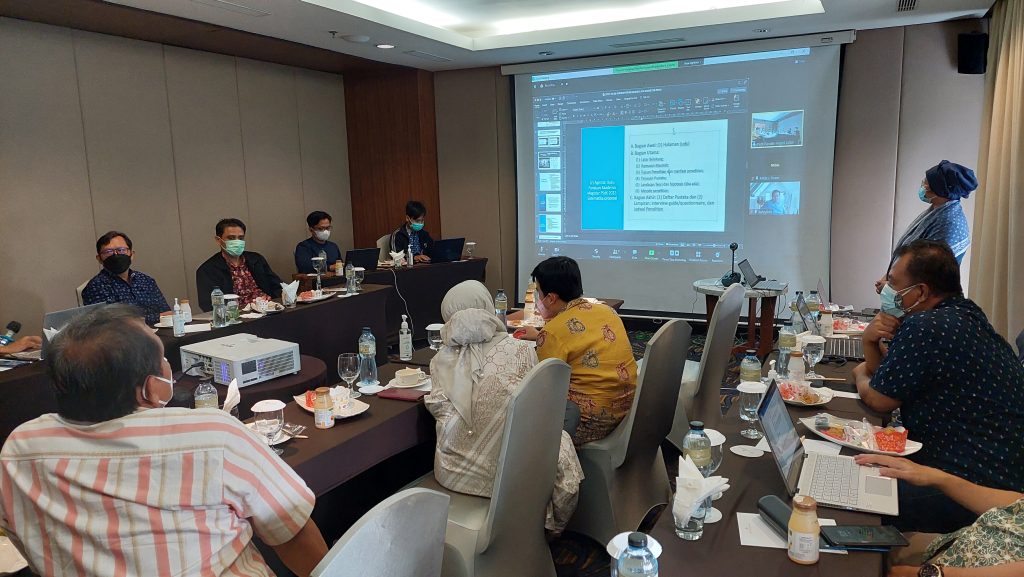The Department of Social Development and Welfare (PSdK) established the PSdK Doctoral Study Program. Admission of new students begins for the 2022/2023 academic year
Vision The vision of the PSdK Doctoral Program is to become an excellent quality doctoral education institution in the field of social development and welfare.
The program has five missions, which are as follows:
Conducting doctoral education based on the philosophy of science, theory, and methodology in the field of social development and welfare, with a choice of theoretical and empirical focuses on community and broader societal studies, emphasizing empowerment in three areas: community and societal development, corporate social responsibility, and social policy.
Engaging in research activities and scientific publications in the field of social development and welfare that contribute to knowledge and society
Providing community service to strengthen social development practices oriented towards community empowerment for the realization of welfare.
Developing collaborative networks with similar educational institutions, government agencies, private sector, and civil society organizations at the national and international levels.
Developing institutional governance based on technology and implementing transparent, accountable, and effective management systems to support the implementation of the Three Pillars of Higher Education with excellence and quality.
Based on these vision and missions, the objectives of the PSdK Doctoral Program are as follows:
Developing research-based scientific knowledge in the field of social development and welfare through doctoral education as a continuation of the Bachelor's and Master's levels.
Producing graduates who can compete nationally, regionally, and globally in the mastery of knowledge in the field of social development and welfare.
Producing graduates with competencies in research and the discovery of new theories on social development and welfare.
Graduates of the Doctoral Program are projected to become experts in the field of Social Development (academics or Social Development Experts/SDE). SDEs are experts focused on formulating new theories in Social Development Science. Additionally, SDEs will be involved in community development policy-making. This includes professionals at the top level who are responsible for developing development policies based on community initiatives and oversee planners and field facilitators. They are top managers who can coordinate various efforts and activities of the government, corporations, and civil society organizations.
SDEs are expected to be doctoral graduates who have the responsibility to contribute to the development of knowledge by conducting research to produce new theories. They can become academics or practitioners in social development whose presence significantly impacts the social development process in Indonesia and globally
As part of the doctoral program development at Gadjah Mada University, the Doctoral Program in Social Development and Welfare (PSdK) follows the regular track. As a prerequisite for graduation, students are required to write a dissertation and publish their scholarly work in national or international reputable journals. The PSdK Doctoral Program curriculum is designed to be completed within 3 years and includes five courses that students must take in the first and second semesters. This is followed by research, dissertation writing, and publication in the third, fourth, and fifth semesters, with the dissertation defense expected to take place in the sixth semester. The details of the courses and the number of credits (SKS) that students must complete in the PSdK Doctoral Program are as follows:
List of Courses in the Doctoral Program in Social Development and Welfare (PSdK) Regular Track
No. | Courses | Credits | Semester |
|---|---|---|---|
1. | Philosophy of Social Science | 3 | 1 |
2. | Social Research Methodology | 3 | 1 |
3. | Development Theory | 4 | 1 |
4. | Theories of Welfare | 4 | 2 |
5. | Selected Topics in Social Development and Welfare | 4 | 2 |
6. | Research and Dissertation Writing | 22 | 3, 4, 5 |
7. | Dissertation | 8 | 6 |
| Total Credits | 48 |
Deskripsi Mata Kuliah
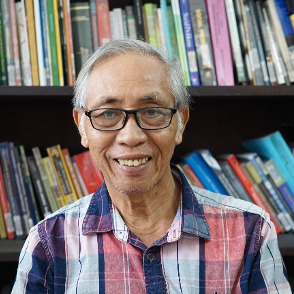
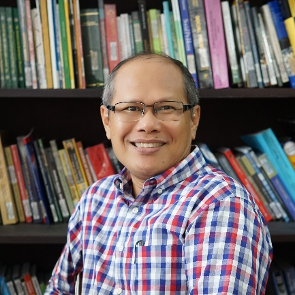
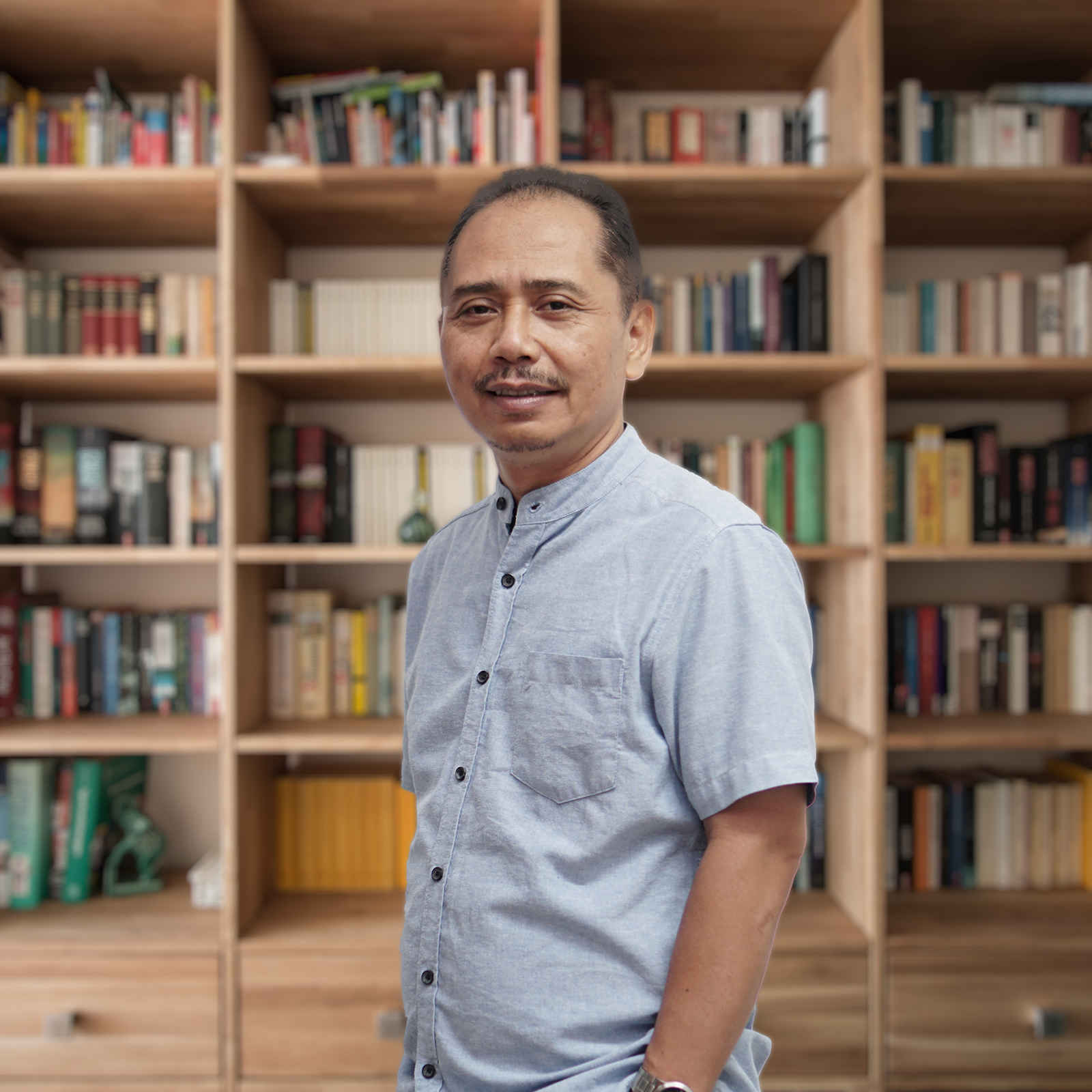
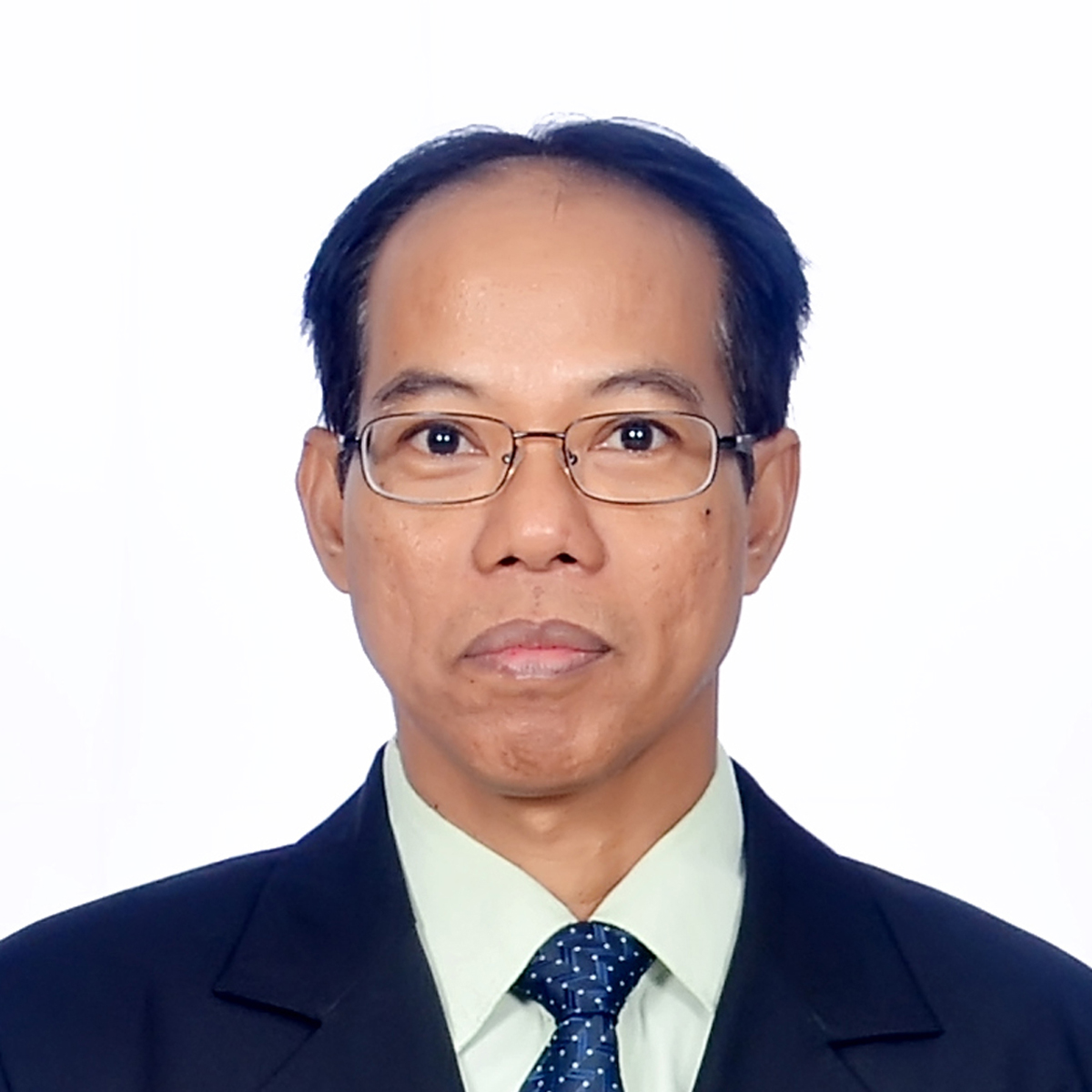
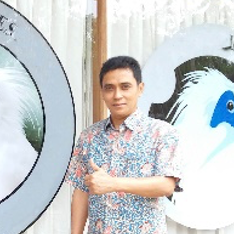

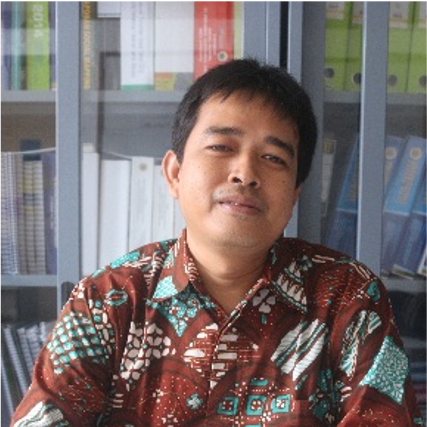
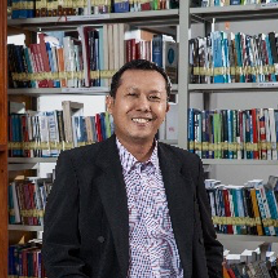
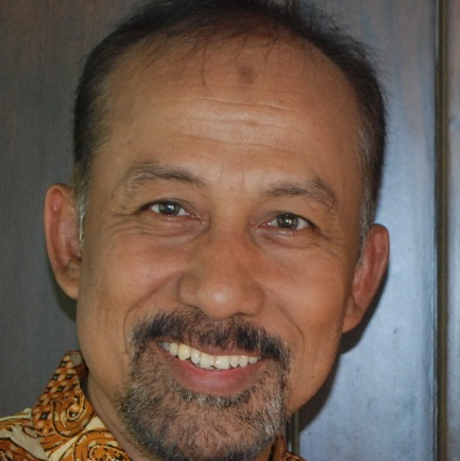
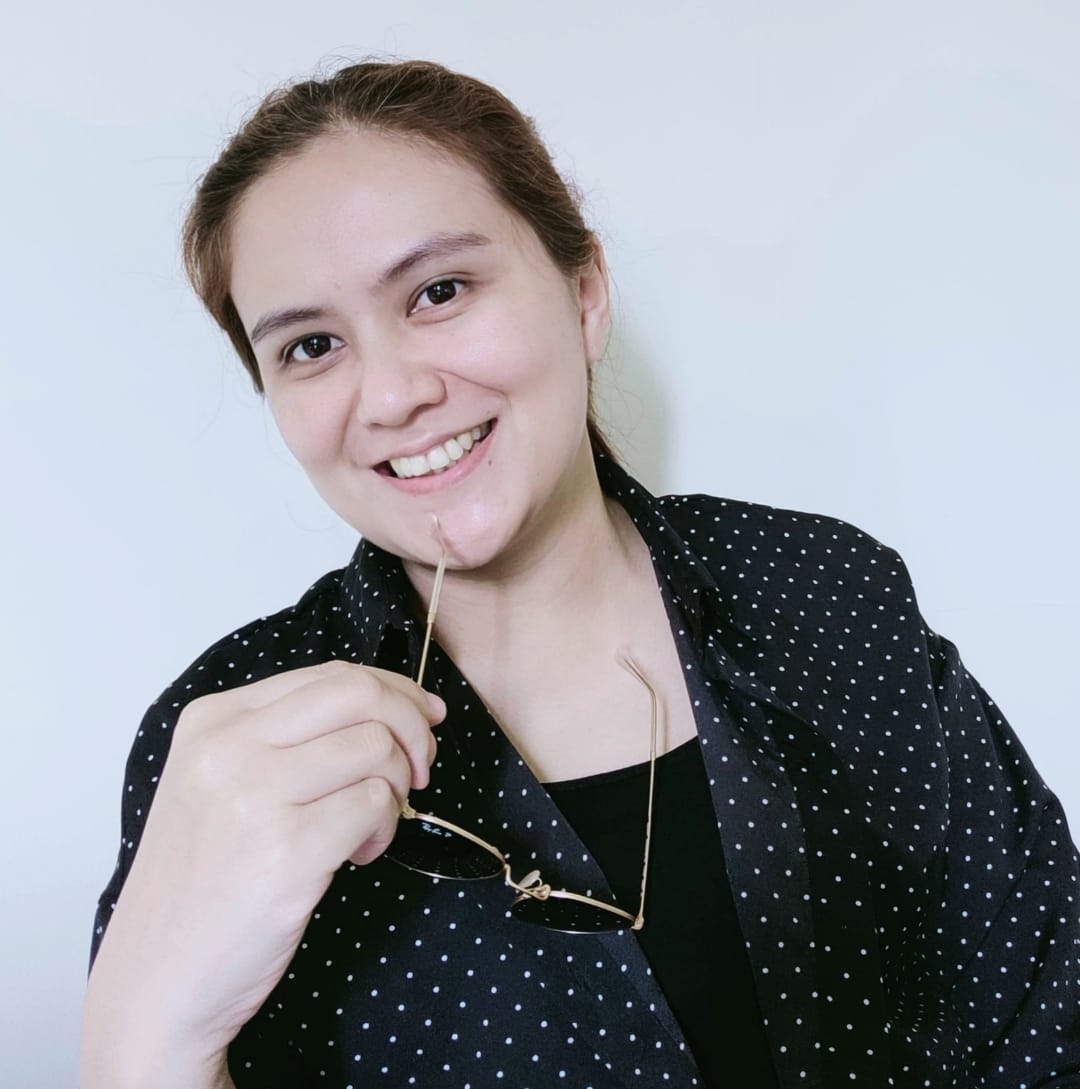
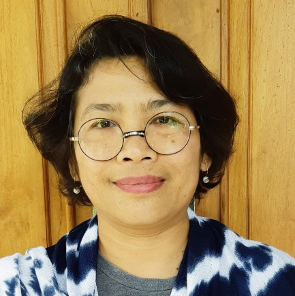
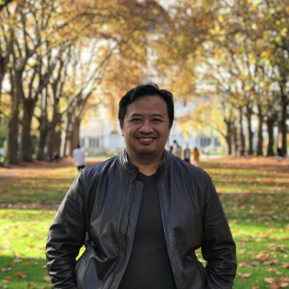
The criteria for prospective students refer to the university's admission standards. This includes:
Minimum education requirement of a master's degree or S2 in the field of social development and welfare, social development, economics, sociology, anthropology, social welfare, politics, public policy, and other relevant social sciences.
Academically, prospective students should have a minimum Cumulative Grade Point Average (CGPA) of 3.00 for universities or programs accredited as A, ≥ 3.25 for programs accredited as B, and ≥ 3.50 for programs accredited as C.
Must obtain a minimum score of 500 in the Academic Potential Test (TPA), Postgraduate Academic Potential Test (PAPs), and a minimum TOEFL score of 500.
Attach proof of scientific work such as a thesis or other publications as the first author.
Attach a research plan oriented towards novelty and solving social problems (5,000-6,000 words).
The Doctoral Program in Social Development and Welfare (PSdK) at Fisipol UGM opens registration once a year. Details of the registration and selection schedule can be found in the following information:
For further information regarding the PSdK Fisipol UGM Doctoral Program, you can contact the contact person at the following address:
Phone: +62-851-5942-0100
Email: s3psdk.fisipol@ugm.ac.id
